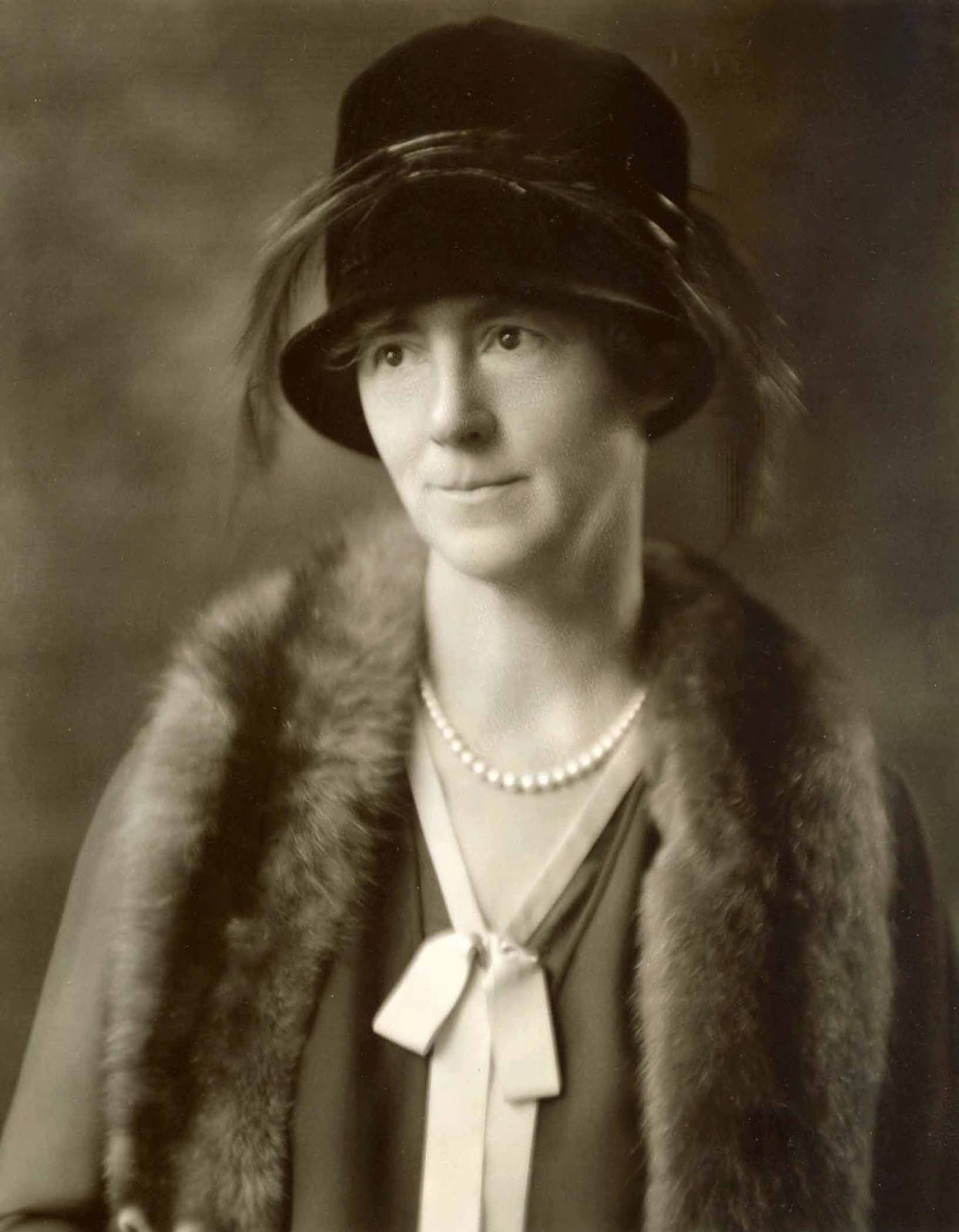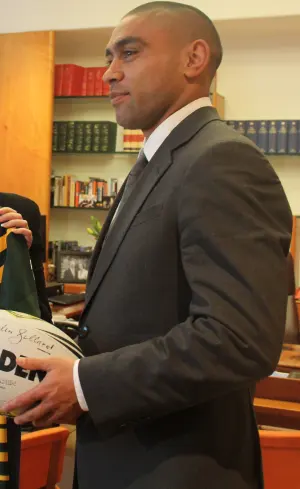
Mary Louise Curtis Bok Zimbalist
Born August 6, 1876 in Boston, Massachusetts, United States
August 6, 1876
Boston, Massachusetts, United States0
0 likes208
Updated just nowWhat does it take to revolutionize music education? For Mary Louise Curtis Bok Zimbalist, it began with an unwavering belief in the transformative power of art and generosity. Born on 1876-08-06 in Boston, Massachusetts, she was raised in a privileged household but found her purpose early in life through a deep love of music and a desire to open doors for others. She became the only child of publisher Cyrus H. K. Curtis and editor Louisa Knapp Curtis, and grew up amid privilege yet with a sense of mission.
Her early adulthood brought marriage in October 1896 to Edward William Bok (at age nineteen), which opened further social possibilities but also precipitated a turning point: after years of relative obscurity in philanthropic circles, she directed her resources toward supporting music education in South Philadelphia, donating to the Settlement Music School in 1917 and helping that institution become a stepping stone for her original vision.
Beyond her societal standing, she conceived something bold: in 1924 she founded the Curtis Institute of Music in Philadelphia-naming it in honour of her father-and committed a large endowment and strict standards to make it a world-class conservatory. Rooted in this philosophy, she created a faculty of distinguished performers, abolished tuition for gifted students, and provided instruments and housing to those in need-thereby turning an abstract vision of equal opportunity into concrete change.
A key aspect of her later life was resilience in the face of changing times: after Edward Bok's death in 1930, she remained at the helm of her philanthropic projects, later marrying violinist Efrem Zimbalist in 1943 and thus merging personal and artistic worlds. While many of her peers settled into prominence, she persisted in cultivating new initiatives-such as summer music colonies and the acquisition of rare music manuscripts-demonstrating adaptability and vision even when tastes shifted.
In her final years she stepped back from active governance at the Curtis Institute in 1968, and died on 1970-01-04 in Philadelphia, Pennsylvania. Today her legacy lives on in the alumni of the Institute, the institutions she nurtured, and the countless artists whose opportunities she created. Their story stands as a timeless reminder that true innovation often begins with resilience, unwavering belief, and a willingness to challenge.
Career & Achievements
- Founding of the Curtis Institute of Music (1924)
- Major gift to Settlement Music School (1917)
- Creation of summer music colony in Rockport, Maine
- Acquisition and donation of rare music manuscripts
- Serving as president of the board of the Curtis Institute for over 40 years
Personal Details
Latest News
Philadelphia Music Chronicle
Curtis Institute Launches New Archive Spotlighting Mary Louise Curtis Bok Zimbalist's Legacy
The Curtis Institute of Music has opened a new digital archive dedicated to the life and philanthropic contributions of Mary Louise Curtis Bok Zimbalist, offering rare photographs, letters and memorabilia for public access. Curators hope the archive will draw a younger generation to her vision of equity in music education.
Boston Cultural Gazette
Historic Boston Home of Mary Louise Curtis Bok Zimbalist to Be Opened for Charity Tours
The childhood residence of Mary Louise Curtis Bok Zimbalist in Boston, Massachusetts, is set to host guided tours this winter in aid of local music scholarships. Organisers say the event honours her early roots and philanthropic drive, connecting present-day benefactors with the city's musical heritage.
Maine Arts Weekly
Summer Music Colony Revived on Rockport Property Once Owned by Mary Louise Curtis Bok Zimbalist
A historic summer music retreat originally established by Mary Louise Curtis Bok Zimbalist in Rockport, Maine has reopened under new management, promising masterclasses and artist residencies. The initiative reflects her lasting influence on nurturing musical talent beyond urban conservatories.
FAQ
Who was Mary Louise Curtis Bok Zimbalist?
Mary Louise Curtis Bok Zimbalist was an influential American philanthropist and arts patron born in 1876. She was the founder of the Curtis Institute of Music in Philadelphia, a tuition-free conservatory that nurtured generations of world-class musicians. Coming from the prominent Curtis publishing family, she used her wealth and influence to promote music education and equal artistic opportunity in the United States. Her legacy continues to inspire the arts community globally.
When and where was Mary Louise Curtis Bok Zimbalist born?
She was born on August 6, 1876, in Boston, Massachusetts, United States. Growing up as the daughter of publisher Cyrus H. K. Curtis and Louisa Knapp Curtis, she was surrounded by creativity and intellect. Her upbringing instilled in her a lifelong appreciation for the arts and philanthropy. Boston's rich cultural scene deeply influenced her later initiatives in music education.
What is the Curtis Institute of Music and why is it important?
The Curtis Institute of Music, founded in 1924 by Mary Louise Curtis Bok, is one of the world's leading conservatories. It offers tuition-free education to exceptionally talented musicians, fostering excellence without financial barriers. The institute has produced renowned performers such as Leonard Bernstein and Lang Lang. Zimbalist's vision ensured access to top-tier musical training regardless of background, transforming the landscape of American classical music.
What inspired Mary Louise Curtis Bok Zimbalist to focus on music education?
Her love for music and belief in its power to uplift society drove her philanthropic mission. Witnessing the challenges faced by young musicians, she envisioned institutions that could nurture talent without regard for wealth. The early success of the Settlement Music School in Philadelphia reinforced her conviction, inspiring the creation of the Curtis Institute. Her generosity reflected both her artistic passion and her humanitarian ideals.
What other institutions did she support during her lifetime?
In addition to founding the Curtis Institute of Music, she was a major benefactor of the Settlement Music School in Philadelphia. She also funded summer music colonies in Rockport, Maine, and acquired rare music manuscripts for educational use. Through these initiatives, she supported both emerging artists and established cultural organizations, shaping a vibrant national arts network.
Who were Mary Louise Curtis Bok Zimbalist's spouses?
She married Edward William Bok, editor of the Ladies' Home Journal, in 1896, and together they became prominent figures in American social and cultural life. After Edward's death in 1930, she later married famed violinist Efrem Zimbalist in 1943. This second marriage intertwined her life more deeply with the musical world she cherished, symbolizing her lifelong connection between philanthropy and artistry.
When did Mary Louise Curtis Bok Zimbalist die and where is she buried?
She passed away on January 4, 1970, in Philadelphia, Pennsylvania, the city most associated with her philanthropic work. Her burial site remains a place of quiet respect for those who admire her contributions to American music education. Even after her death, the Curtis Institute continued to uphold her vision of excellence and accessibility in the arts.
What is Mary Louise Curtis Bok Zimbalist's lasting legacy?
Her legacy endures through the Curtis Institute of Music and countless musicians who have benefited from her generosity. By removing financial obstacles and promoting artistic integrity, she revolutionized access to professional music education. Her influence extends beyond music to the broader ideals of equality, access, and cultural enrichment. She remains a symbol of how personal conviction can reshape an entire artistic landscape.
How did her background influence her philanthropy?
Growing up in a family of publishers and cultural leaders, she inherited both resources and a sense of civic duty. Exposure to the arts and education from a young age shaped her belief that cultural advancement strengthens society. Rather than pursue fame, she invested her inheritance in empowering young artists. Her philanthropic model became a blueprint for sustainable cultural investment in America.
Why is Mary Louise Curtis Bok Zimbalist considered a pioneer for women in philanthropy?
At a time when women rarely led large-scale philanthropic projects, she demonstrated exceptional vision and independence. Her establishment of the Curtis Institute placed her among the most influential cultural benefactors of the 20th century. She proved that women could define national cultural agendas through intellect, empathy, and strategic giving. Her leadership inspired future generations of women in the arts and nonprofit sectors.
⚔️ Who's More Influential?

Nathan Merritt
rugby league player
Aidra In Wonderland
Content Creator
👆 Click on your favorite to vote
